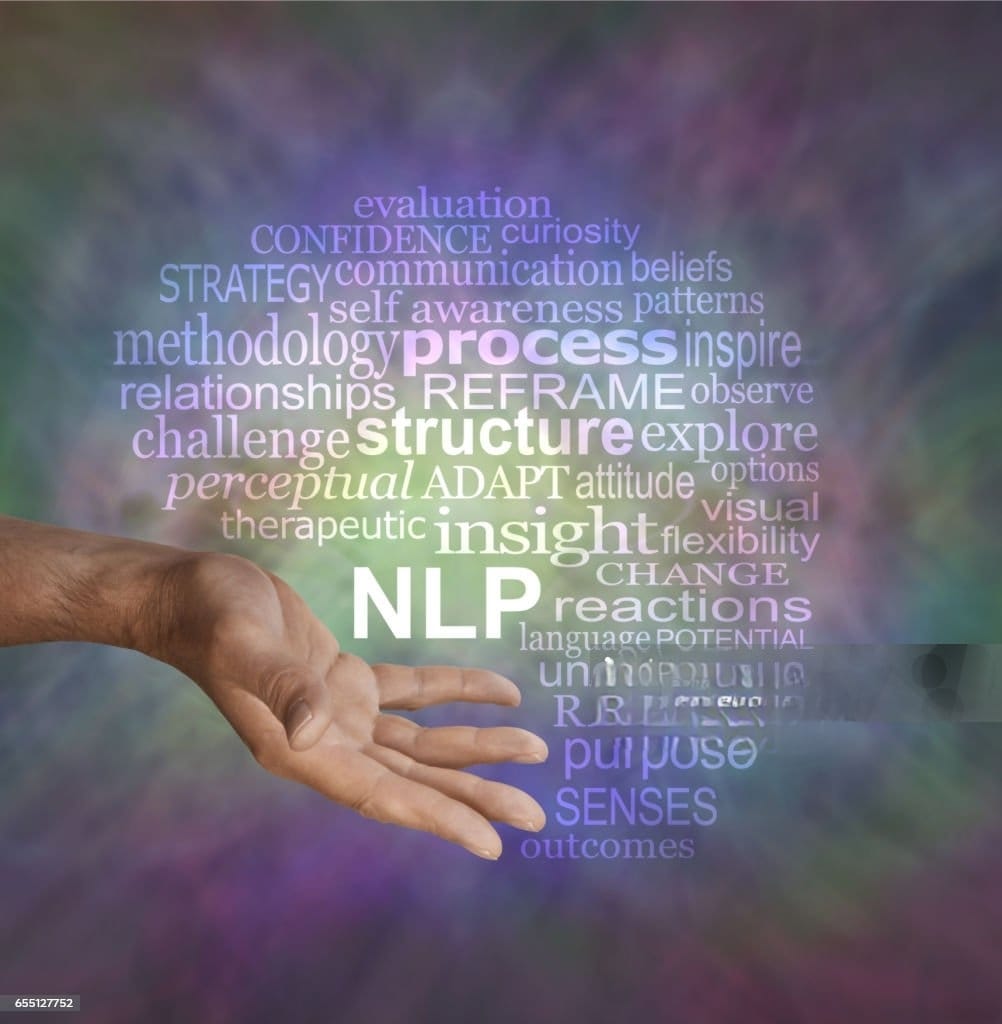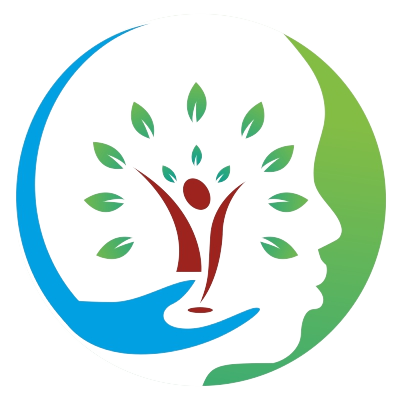
Neuro-Linguistic Programming (NLP) is a behavioral science approach that focuses on understanding and modeling patterns of human behavior, communication, and thought processes. Developed in the 1970s by Richard Bandler and John Grinder, NLP draws from various disciplines such as psychology, linguistics, and cognitive science to explore how individuals perceive the world, communicate, and achieve their goals. Here's an overview of NLP and its benefits:
Understanding NLP:
-
Modeling Excellence: NLP seeks to model the behaviors, language patterns, and strategies of successful individuals in order to understand and replicate their success. By studying how people achieve their desired outcomes, NLP practitioners aim to identify the underlying mental processes and techniques that can be used to produce similar results.
-
Language and Communication: A central focus of NLP is on the role of language and communication in shaping human experience. NLP techniques help individuals become more aware of their own language patterns and how they influence their perceptions, emotions, and behaviors. By improving communication skills and understanding the language of others, individuals can enhance their interpersonal relationships and influence others more effectively.
-
Change and Personal Development: NLP offers a range of techniques and strategies for personal growth and self-improvement. Through techniques such as reframing, visualization, and anchoring, individuals can overcome limiting beliefs, change unproductive habits, and achieve their goals more effectively. NLP also emphasizes the importance of setting clear objectives, creating empowering beliefs, and taking consistent action to create positive change in one's life.
-
Psychological Techniques: NLP incorporates various psychological techniques and principles to facilitate personal transformation and improve mental well-being. These may include techniques derived from cognitive-behavioral therapy, hypnotherapy, and Gestalt therapy, among others. By applying these techniques, individuals can manage stress, overcome fears and phobias, and enhance their overall psychological resilience.
-
Application Areas: NLP has been applied in various fields, including business, education, coaching, therapy, and sports performance. In business settings, NLP techniques are used for leadership development, sales training, conflict resolution, and team building. In education, NLP is applied to enhance learning and teaching effectiveness, improve student motivation, and facilitate academic achievement. In therapy and coaching, NLP techniques are used to help clients overcome personal challenges, improve self-confidence, and achieve personal growth.
Benefits of NLP:
-
Enhanced Communication Skills: NLP teaches individuals how to communicate more effectively, both verbally and non-verbally. By understanding and adapting to different communication styles, individuals can build rapport, resolve conflicts, and influence others more successfully.
-
Personal Empowerment: NLP provides tools and techniques for individuals to take control of their thoughts, emotions, and behaviors. By mastering their internal states and belief systems, individuals can increase their confidence, resilience, and sense of empowerment.
-
Improved Relationships: NLP enhances interpersonal relationships by promoting better understanding, empathy, and rapport between individuals. By becoming more aware of verbal and non-verbal cues, individuals can build stronger connections with others and foster deeper relationships.
-
Goal Achievement: NLP offers practical strategies for setting and achieving goals. By clarifying their objectives, visualizing success, and taking focused action, individuals can increase their likelihood of success and fulfillment in various areas of life.
-
Personal Transformation: NLP facilitates personal transformation by helping individuals overcome limiting beliefs, fears, and negative patterns of thinking and behavior. By adopting more resourceful and empowering beliefs, individuals can unlock their full potential and create positive change in their lives.
-
Stress Reduction and Well-being: NLP techniques can help individuals manage stress, anxiety, and other emotional challenges more effectively. By learning how to reframe negative experiences, relax deeply, and access resourceful states of mind, individuals can experience greater emotional resilience and overall well-being.
In summary, Neuro-Linguistic Programming (NLP) is a powerful approach to understanding human behavior, communication, and personal development. By learning and applying NLP techniques, individuals can enhance their communication skills, achieve their goals, improve their relationships, and experience greater personal empowerment and well-being. Whether in business, education, therapy, or coaching, NLP offers practical tools and strategies for creating positive change and unlocking human potential.


